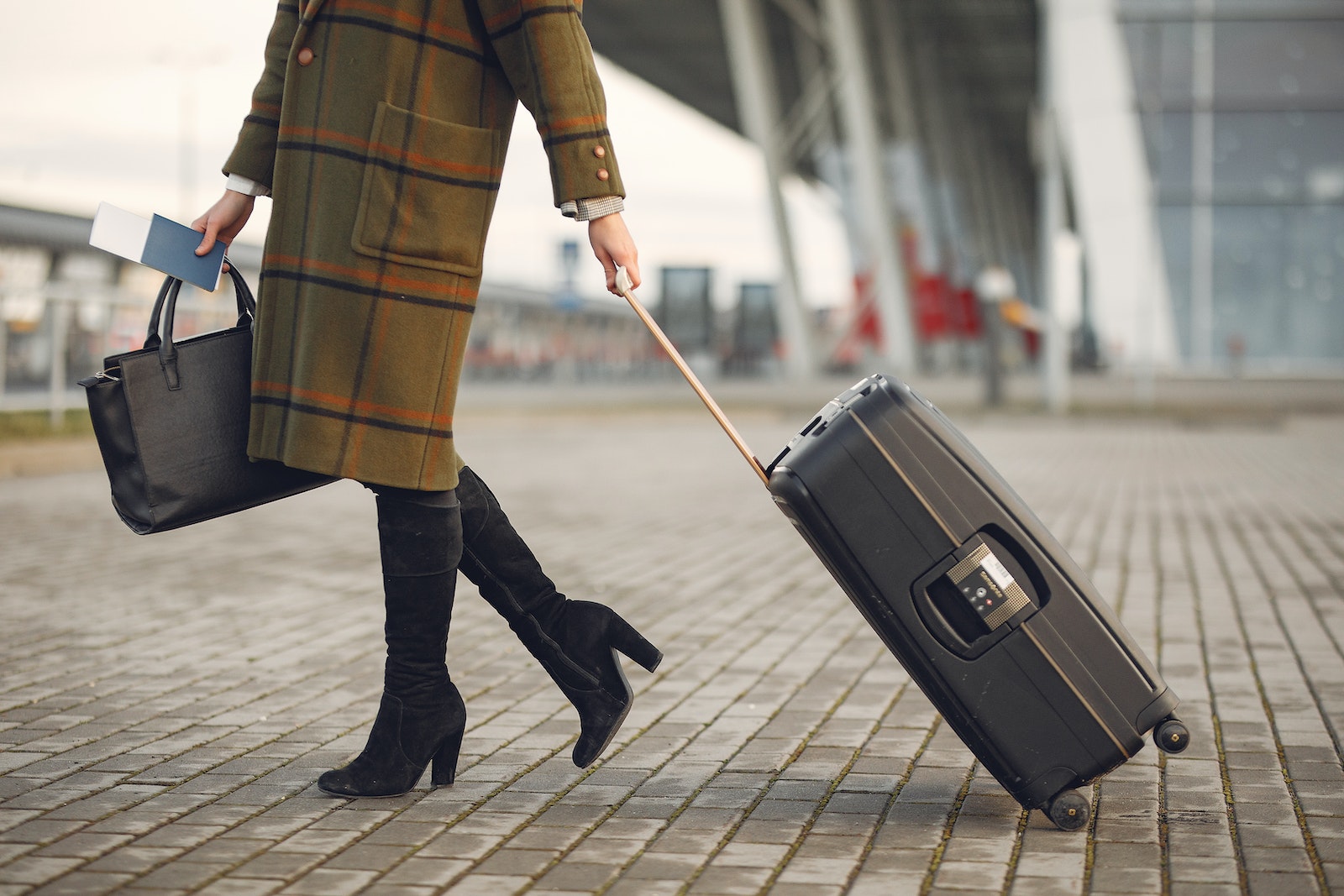The VAWA self-petitioner visa is a visa that allows certain victims of domestic violence to self-petition for permanent residency in the United States. This visa can be an important tool for those looking for a new start and to escape their past trauma.
If you know anyone suffering from domestic abuse, the VAWA visa may be the visa that could grant them a new life. This article will look into what this visa is, what factors to know if you may be eligible, and how you can apply for this visa. So let’s get into it.
 What is the VAWA Visa?
What is the VAWA Visa?
The VAWA Visa, or Violence Against Women Act Visa, is a unique immigrant visa available to certain victims of domestic violence. The VAWA Visa allows the victim to live and work in the United States and eventually apply for permanent residency.
The VAWA Visa is an essential tool for victims of domestic violence who wish to escape their abusers and start new lives in the United States. The visa allows victims to live and work in America without fear of deportation before they pursue a green card. This means that victims of domestic violence can rebuild their lives without fear of being forced to return to their home countries.
If you know a victim of domestic violence, please encourage them to look into the VAWA Visa program.
What Are the Requirements for the VAWA Visa?
To be eligible for the VAWA visa, the victim must be currently married to, or have been previously married to, a U.S. citizen or permanent resident. The victim must also be able to show that they have been a victim of domestic violence by providing evidence of abuse.
This evidence can include but is not limited to, police reports, medical records, or court records. If the victim cannot provide such evidence, they may still be eligible for the visa if they can show that they have suffered extreme hardship due to domestic violence. There are other ways to prove extreme hardship, such as a psychological evaluation immigrants can complete.
Are There Any Other Ways to Show Extreme Hardship?
If you want to be granted an extreme hardship waiver, you may be required to complete a psychological report. This will demonstrate to the immigration authorities that your hardship is significant enough to warrant a waiver. Include plenty of detail in your report and be honest about your circumstances.
It’s important that you are honest, because then they will be able to grant you the visa if you do truly qualify for this opportunity. To do this, you can connect with a psychotherapist to get started on performing your psychological evaluation.
What is an Extreme Hardship Waiver?
An extreme hardship waiver is typically granted to individuals who demonstrate that their removal from America would result in extreme hardship for themselves or their family members. To be granted a waiver, you will need to complete a psychological report that details the hardship you would face if you were removed from America.
If the immigration authorities believe that your hardship is significant enough to warrant a waiver, they may grant your request. This waiver is often a major part of your application for the VAWA visa, so it is important that you find evidence to support the approval of this document.
What is the Application Process for a VAWA Visa?
The first step in applying for a VAWA visa is filing an I-360 Petition for Amerasian, Widow(er), or Special Immigrant. This petition establishes the applicant’s eligibility for the VAWA visa.
The second step is filing an I-485 Application to Register Permanent Residence or Adjust Status. This application adjusts the applicant’s status from non-immigrant to immigrant.
The third step is attending an interview with a USCIS officer. This interview determines the applicant’s eligibility for the VAWA visa.
The fourth and final step is submitting any additional required documentation. This documentation supports the applicant’s eligibility for the VAWA visa.
What Happens After I Apply for the VAWA Visa?
If you are approved for the VAWA visa, you can come to the United States and live here permanently. You will also be able to work in America and travel in and out of the country. You may also be eligible to apply for a green card after living in America for a certain amount of time. If you are approved, it is the start of a brand-new chapter for you!
What Happens If My Application Does Not Get Accepted?
If you are not approved for the VAWA Visa, you may be deported back to your home country. However, you may also be ineligible for other forms of relief from removal, such as asylum. It is important to look into other situations to help you remain in America if you or your family would experience undue hardship due to your deportation.
Start Preparing Your Application Today
It is essential to begin preparing your visa application for the VAWA Visa as soon as possible. One way to ensure you will be approved for the visa is to complete a psychological evaluation. This evaluation will help to show that you are a victim of domestic violence and that you meet the requirements for the VAWA Visa. With an experienced mental health professional and lawyer, you can ensure that you have everything you need for the acceptance of your visa.
A licensed mental health professional will need to conduct a psychological evaluation. This professional will need to evaluate your mental health to determine if you have been a domestic violence victim. The assessment will need to include a review of your medical records, police reports, and any other documentation that can help to show that you were a victim of domestic violence.
Connect with a Mental Health Professional You Can Trust
To get started with your psychological evaluation, contact me today. I am a qualified psychotherapist with extensive experience assisting people with their visa applications. With over three decades of experience, I am familiar with the process and requirements and can help you navigate the application process. Let’s get started on your visa application together.
Claudia Ribas LCSW




